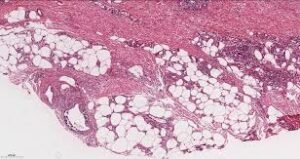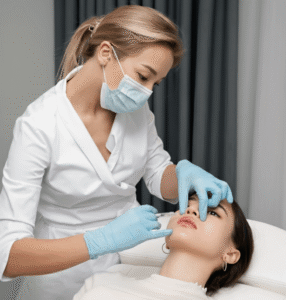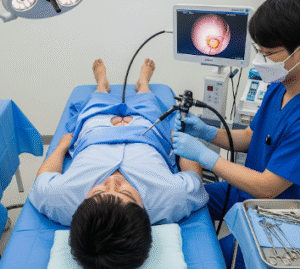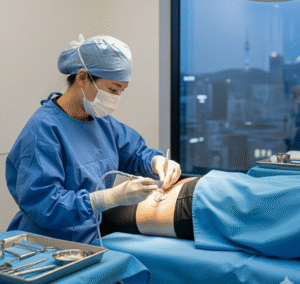Overview
Rape Trauma Syndrome (RTS) is a psychological trauma resulting from sexual assault or rape. It encompasses the emotional, physical, and behavioral responses that victims may experience immediately after the assault and over the long term. RTS is recognized as a serious mental health condition requiring compassionate care and professional treatment. In Korea, specialized trauma centers and mental health professionals provide comprehensive support, counseling, and rehabilitation for survivors.
What is Rape Trauma Syndrome?
RTS is a form of Post-Traumatic Stress Disorder (PTSD) that specifically follows sexual violence. It involves a range of psychological and physical symptoms that can affect survivors’ daily functioning. RTS can be categorized into phases:
- Acute phase: Immediate reactions including shock, denial, and intense emotional distress.
- Outward adjustment phase: Attempt to return to normal life while coping with hidden trauma.
- Resolution phase: Long-term processing and recovery, which can last months or years.
Symptoms
- Anxiety, fear, and panic attacks
- Depression and feelings of guilt or shame
- Flashbacks or nightmares about the assault
- Difficulty sleeping or concentrating
- Social withdrawal and distrust
- Physical symptoms like headaches, stomach aches, or fatigue
- Increased risk of substance abuse
Causes
RTS results directly from the psychological and physical violation experienced during sexual assault, which overwhelms the survivor’s coping mechanisms.
Risk Factors
- Previous trauma or abuse history
- Lack of social support
- Pre-existing mental health conditions
- Severity and violence of the assault
- Delayed or inadequate medical and psychological care
Complications
- Chronic PTSD
- Depression and anxiety disorders
- Suicidal thoughts or behaviors
- Substance dependence
- Difficulties in relationships and social functioning
Prevention
- Education and awareness campaigns to reduce sexual violence
- Promoting consent and respectful relationships in society
- Early intervention and support services for survivors
- Strengthening legal protections and support systems in Korea
Treatment Options in Korea
Diagnosis
Mental health professionals diagnose RTS through clinical interviews and psychological assessments, often using PTSD diagnostic criteria.
Medical Treatments
- Medications such as antidepressants or anxiolytics to manage symptoms
- Pain management for physical injuries
Psychological Therapies
- Trauma-focused cognitive behavioral therapy (CBT)
- Eye Movement Desensitization and Reprocessing (EMDR)
- Supportive counseling and group therapy
Rehabilitation and Support
- Crisis intervention and safety planning
- Legal advocacy and victim support services
- Long-term psychotherapy and social reintegration programs













